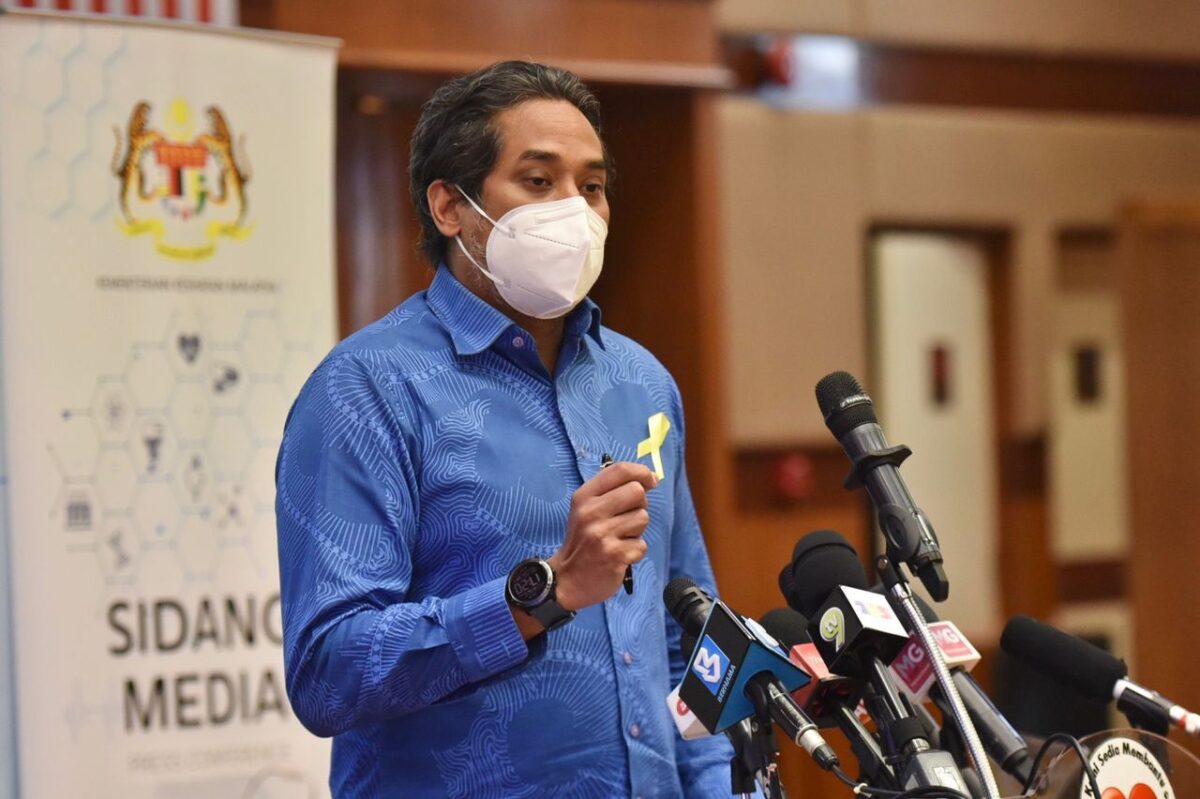KUALA LUMPUR, Feb 17 – The Ministry of Health (MOH) has removed the self-isolation requirement for health care workers who are close contacts to positive Covid-19 cases if they do not have symptoms.
Health Minister Khairy Jamaluddin said close contacts who are health care workers only need to test for the virus on certain days.
The private health care sector may follow MOH’s new protocol, as announced by Health director-general Dr Noor Hisham Abdullah in a circular to public health care workers, if they wish.
“We may use the same protocol when we feel that we can do this for the general public,” Khairy told a press conference today.
“I will announce next week about isolation for close contacts. Close contacts now frequently occur because of the increase in cases. This leads to a very significant disruption to the economy and work.”
Currently, close contacts to positive Covid-19 cases must self-isolate at home for five days if they have received a booster shot, seven days if fully vaccinated, and 10 days for those with incomplete or no vaccination.
Yesterday, MOH reported a record-high 27,831 new Covid-19 cases, including 1,269 hospital admissions. The 1,269 admissions mostly comprised 841 cases with asymptomatic (Category One) or mild (Category Two) at 66.3 per cent, with the remaining 428 cases (33.7 per cent) in Categories Three to Five.
Khairy also announced that starting tomorrow, MOH would no longer announce the number of daily new Covid-19 cases on the day itself, but the following day at 10am with other indicators like hospital and intensive care unit (ICU) admissions, deaths, and categories of disease.
He pointed out that other countries follow the same Covid-19 reporting practice, such as Singapore that announces daily cases at midnight.
“This is so that we can read the daily case data together with other data like hospital admissions to reduce the fear factor of daily cases,” Khairy said.
“Slowly, we can educate the community instead of just looking at daily cases, but other figures as well to get a better picture.”








